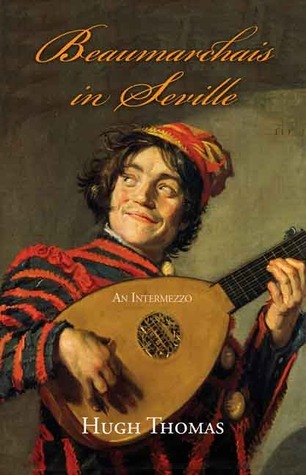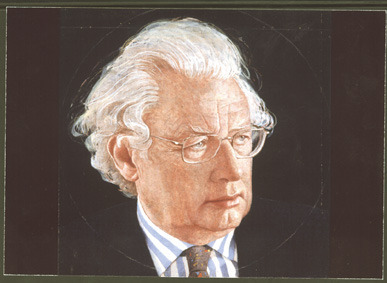
In 1764-65 the irrepressible playwright Beaumarchais traveled to Madrid, where he immersed himself in the life and society of the day. Inspired by the places he had seen and the people he had met, Beaumarchais returned home to create The Barber of Seville and The Marriage of Figaro, plays that became the basis for the operas by Rossini and Mozart that continue to delight audiences today. This book is a lively and original account of Beaumarchais’s visit to Madrid (he never went to Seville) and a re-creation of the society that fired his imagination. Drawing on Beaumarchais’s letters and commentaries, translated into English for the first time, Hugh Thomas investigates the full range of the playwright’s activities in Madrid. He focuses particular attention on short plays that Beaumarchais attended and by which he was probably influenced, and he probes the inspirations for such widely recognized characters as the barber-valet Figaro, the lordly Count Almaviva, and the beautiful but deceived Rosine. Not neglecting Beaumarchais’s many other pursuits (ranging from an endeavor to gain a contract for selling African slaves to an attempt to place his mistress as a spy in the bed of King Charles III), Lord Thomas provides a highly entertaining view of a vital moment in Madrid’s history and in the creative life of the energetic Beaumarchais.
Author

Librarian’s note: There is more than one author in the Goodreads database with this name. Hugh Swynnerton Thomas, Baron Thomas of Swynnerton, was a British historian and Hispanist. Thomas was educated at Sherborne School in Dorset before taking a BA in 1953 at Queens' College, Cambridge. He also studied at the Sorbonne in Paris. His 1961 book The Spanish Civil War won the Somerset Maugham Award for 1962. A significantly revised and enlarged third edition was published in 1977. Cuba, or the Pursuit of Freedom (1971) is a book of over 1,500 pages tracing the history of Cuba from Spanish colonial rule until the Cuban Revolution. Thomas spent 10 years researching the contents of this book. Thomas was married to the former Vanessa Jebb, daughter of the first Acting United Nations Secretary-General Gladwyn Jebb. From 1966 to 1975 Thomas was Professor of History at the University of Reading. He was Director of the Centre for Policy Studies in London from 1979 to 1991, as an ally of Prime Minister Margaret Thatcher. He became a life peer as Baron Thomas of Swynnerton, of Notting Hill in Greater London in letters patent dated 16 June 1981. He has written pro-European political works, as well as histories. He is also the author of three novels. Thomas' The Slave Trade: The Story of the Atlantic Slave Trade, 1440-1870 "begins with the first Portuguese slaving expeditions, before Columbus' voyage to the New World, and ends with the last gasp of the slave trade, long since made illegal elsewhere, in Cuba and Brazil, twenty-five years after the American Emancipation Proclamation," according to the summary on the book jacket. Thomas should not be confused with two other historical writers: W. Hugh Thomas writes about Nazi Germany and Hugh M. Thomas is an American who writes on English history.